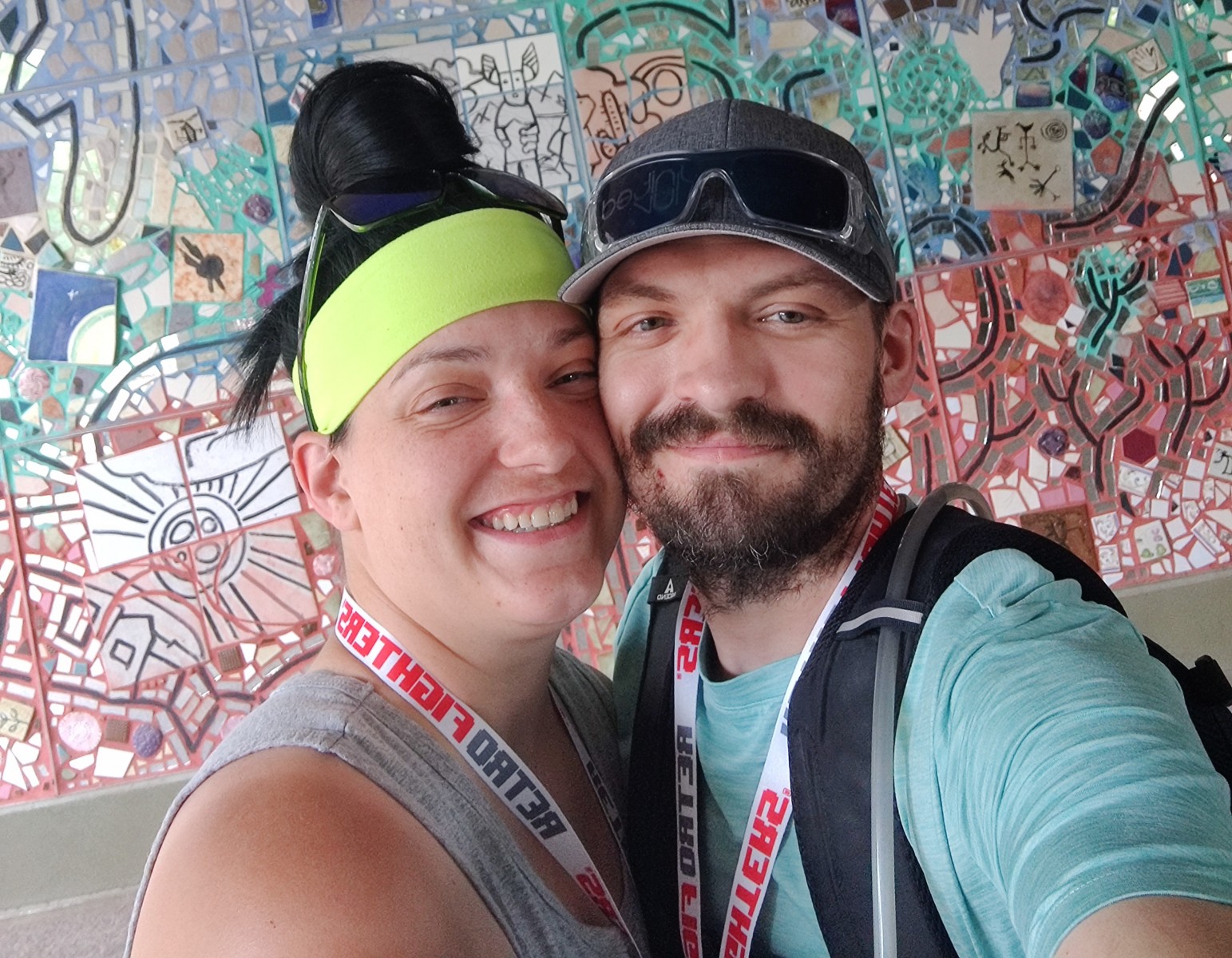Colorectal Cancer Diagnosis on the Rise for Younger Patients: Understand the Signs and Symptoms

The American Cancer Society estimates more than 153,000 Americans will be diagnosed with colorectal cancer this year, making it one of the most common cancers in both men and women. March is National Colon Cancer Awareness Month, and updated guidelines make it possible for more people to be screened with a colonoscopy starting at age 45.
While ninety percent of colorectal cancer occurs in adults over age 45, rates are rising in younger people. By 2030, early-onset colorectal cancer is expected to become the leading cancer-related cause of death for people aged 20-to-49. For this reason, individuals need to be aware of signs and symptoms even before the recommended age for a colonoscopy screening.
David Williamson, 34, of Billings, had several symptoms that eventually led to a colon cancer diagnosis.
“I had really bad cramping and didn’t have a solid bowel movement for almost a year,” he shared.
After testing at the hospital, they found a tumor in his colon and cancer on his liver.
“Honestly, I was a little relieved because I finally figured out what was happening,” he shared.
Williamson is currently undergoing chemotherapy treatments at the St. Vincent Cancer Centers of Montana and wants to be a voice of encouragement for younger adults that may be diagnosed with colon cancer.
“I would encourage them to keep their head high and stay positive and try to live as normal as they can,” he shared.

Even during his treatments, Williamson continues to work full-time as a welder and attributes his nearly daily workouts and healthy eating habits for improving his physical and mental health, and he is feeling better each day.
By sharing his story, David hopes to bring awareness to the signs and symptoms of colon cancer. Early-stage colon cancer seldom causes any clear and obvious symptoms, so it’s important to know the warning signs, such as:
• change in bowel habits
• rectal bleeding
• abdominal pain
• unintentional weight loss
• unexplained anemia (iron deficiency)
• fatigue
Williamson recommends that if you are having symptoms, advocate for yourself and speak with your primary care physician about your concerns. He also shares that even after a diagnosis it is important to have a solid support system to help you through your treatment. He has relied on his family, friends, coworkers, and caregivers for support. He also recommends reaching out to support groups.
“I have had a lot of help and support, which is so key to everything,” Williamson shared. “You don’t have to do this by yourself.”
This month, St. Vincent and Intermountain Health are working with patients like David to raise awareness so that people know that colorectal cancer is preventable, treatable, and beatable with early detection. If you are 45, reach out to your primary care provider to learn more about getting screened, and if you are having symptoms, please discuss those with your provider.


